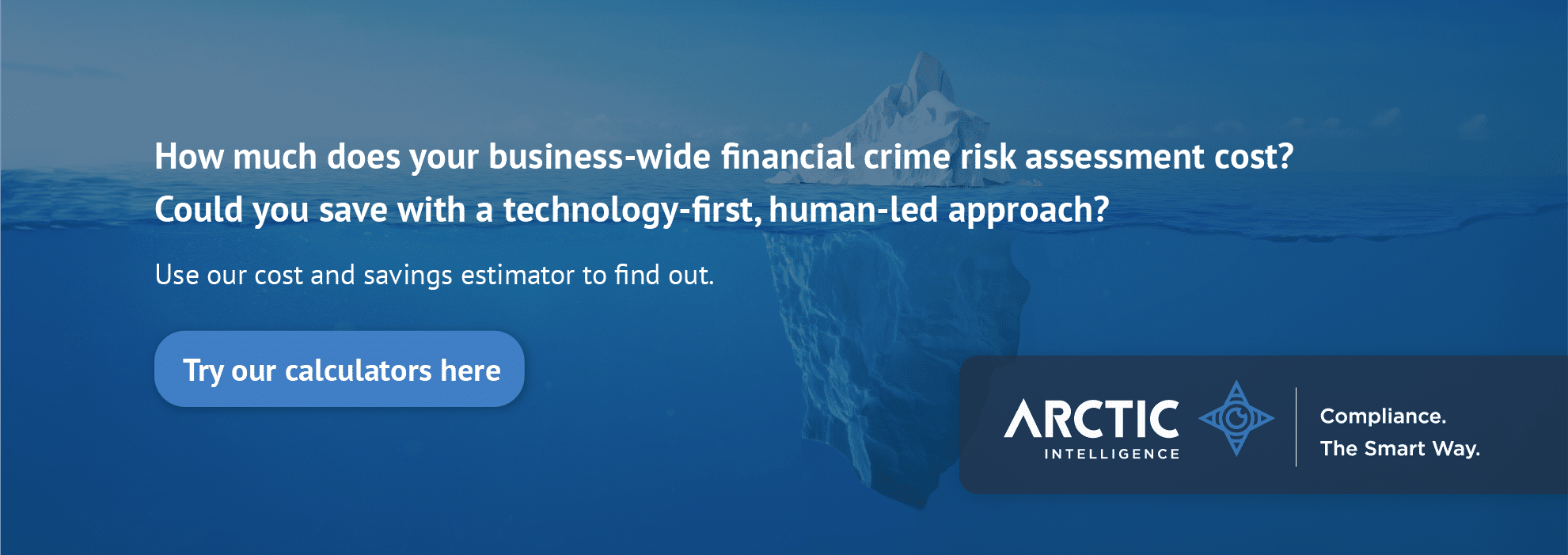Australia’s proposed tranche 2 laws lack the regulation of the high-value goods dealers sector
The Department of Home Affairs (DFAT) published a paper back in 2016 that focussed on the significant risks of organised criminal networks laundering funds through high-value goods dealers, such as precious metal and jewellery, art and antiquities, motorised vehicle dealers and luxury goods dealers.
In this paper, DFAT noted, “The regulation of HVDs under the AML/CTF regime would deliver a number of benefits, including closing a regulatory and intelligence gap, enhancing national security, and enhancing the reputation of the Australian financial system. While transactions performed by HVDs that use electronic payment systems can be tracked by law enforcement, transactions that involve large sums of cash are virtually invisible. No information is collected and verified about the identity of the customer and the source of the customer’s funds, and no information is reported to AUSTRAC that can be used by law enforcement agencies to follow the money trail for illicit funds.”
“The AML/CTF regulation of HVDs would also enhance the sector’s awareness of ML/TF risks and assist HVDs to identify ‘red flags’ that may be early indicators of criminality or potential misconduct. Red flags can relate to the customer, the nature of the transaction and/or the source of the customer’s funds. Where there are a number of indicators, it is more likely that a HVD should have a suspicion that ML or TF is occurring.”
However, the Attorney General’s Department (AGD) has entirely overlooked the risk of high value goods dealers being used to launder criminal proceeds which is a major oversight and Anthony Quinn, Arctic Intelligence’s CEO was quoted as saying “insert quote”.
Australia has a very poor track record of regulating the high-value dealer and goods sectors and as an example the precious metals sector has been in the press recently for all the wrong reasons, evidenced by the multi-billion dollar money laundering allegations involving Perth Mint, which was well documented in the ABC’s Tainted Gold: Inside Perth Mint’s Billion Dollar Scandal, which holds many lessons on what went wrong and should be used to inform reforms of the AML/CTF Act in respect of this high-risk sector.
Buying and selling high-value assets such as bullion, jewellery, precious metals, and stones is attractive for criminals because such transactions can avoid interaction with the financial sector. Assets of this type may be easily hidden and transferred to third parties with limited documentation.
Bullion dealers, jewellers, and precious metal and stone dealers are also at risk of being used as a front for money laundering activities due to the high value and portability of the products they deal in. These types of businesses may be used. to convert cash obtained from criminal activities, such as drug trafficking, into high-value items that can be easily moved across borders and sold without arousing suspicion.
The money laundering and terrorism financing (ML/TF) risks associated with Bullion Dealers, Jewellers and Precious Metal and Stone Dealers include (but are not limited to):
- Bullion dealers, jewellers, and precious metal and stone dealers often deal in cash, which makes it easier for criminals to launder money without detection. Criminals can make cash purchases and give the asset to other parties in lieu of cash.
- Large cash transactions, especially those conducted in foreign currency or in multiple transactions below the reporting threshold, are a red flag for money laundering.
- These businesses often operate in an opaque market with limited oversight, which makes it easier for criminals to conduct illegal activities. without detection
- Precious metals and stones are highly valuable and portable, which makes them attractive to criminals seeking to launder money. Criminals can easily transport these items across borders or sell them on the black market without raising suspicion.
- Bullion dealers, jewellers, and precious metal and stone dealers may fail to conduct sufficient due diligence on their customers, including verifying their identity and the source of their funds. This lack of due diligence makes it easier for criminals to use these businesses to launder money.
Arctic Intelligence believes, the following guidance should be taken into consideration in how to effectively regulate the precious metals and stones sector:
- FATF Guidance on the Risk-Based Approach for Dealers in Precious Metals and Stones
- The 5th EU Directive on AML also contains guidance in respect of regulating these sectors
Despite the FAFT Guidance and EU Directive, the Attorney General’s Department has entirely overlooked high-value goods dealers in the consultation process. It appears that they must have formed a view that these risks have miraculously disappeared since 2016 or that high-value dealers are not worth regulating in Australia, which creates a weak link for organised criminals to exploit.
In Arctic Intelligence’s submission to the Attorney-General’s Department, as part of the very long drawn out AML/CTF consultation process, Anthony Quinn, CEO & Founder, strongly recommended that the Attorney General’s Department reconsiders its position in respect of high-value goods dealers and includes them in the expanded AML/CTF laws as there has clearly been concern expressed by the Australian Government in the past and if the Australian Government is genuine in its claim that it is “committed to protecting the integrity of the Australian financial system and improving Australia’s AML/CTF regime to ensure it is fit-for-purpose, responds to the evolving threat environment, and meets international standards set by the Financial Action Task Force (FATF)” as stated in the opening paragraph of their consultation paper, then it will act to regulate high-value goods dealers too.
Mr Quinn summarised the ML/TF risks and vulnerabilities of the following high-value dealer sectors and urged the Attorney General’s Department to regulate:
- Antique and Art Dealers
- Auctioneers and Brokers
- Motorised Vehicle Dealers
- Luxury Goods Dealers
“Given the 16-year delay (and counting) and the fact that Australia has fallen many years behind its international counterparts, we are also of the opinion that a staggered implementation period should not be introduced instead all industry sectors should be given a maximum of 12-months to implement the reforms in their industry all starting and ending at the same time.” stated Mr Quinn.
To read Arctic Intelligence’s full submission to the Attorney General’s Department, click here.
Arctic Intelligence is a multi-award-winning RegTech that specialises in enterprise-wide financial crime risk assessments used by hundreds of companies worldwide who use either the AML Accelerate Platform, designed for small-medium sized businesses or the Risk Assessment Platform, tailored for larger businesses with a fully configurable platform and real-time dashboard reports.
If you’d like to discover more, book your demo today.
Follow us on LinkedIn and Twitter for a daily dose of financial crime news across the globe.



